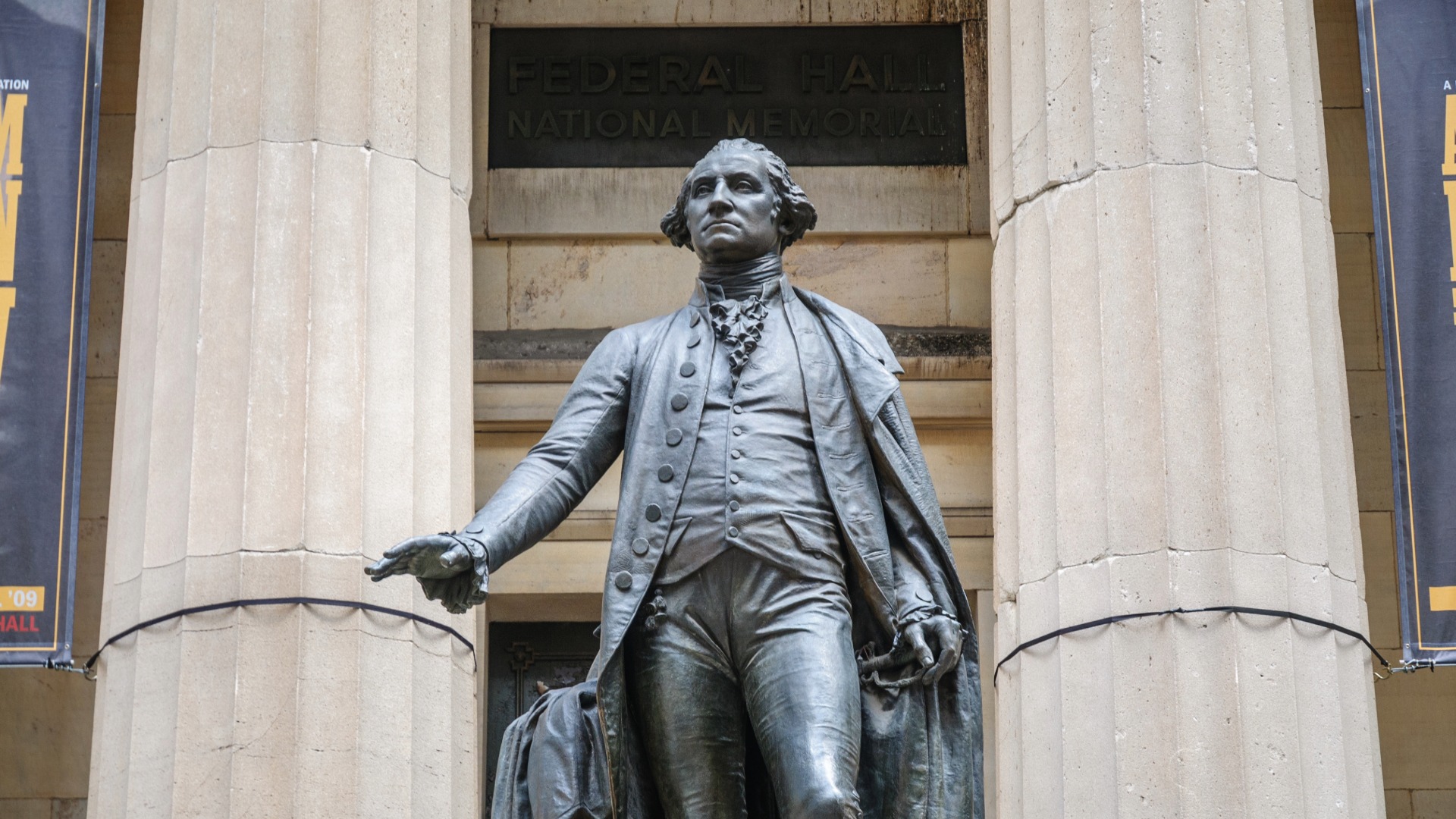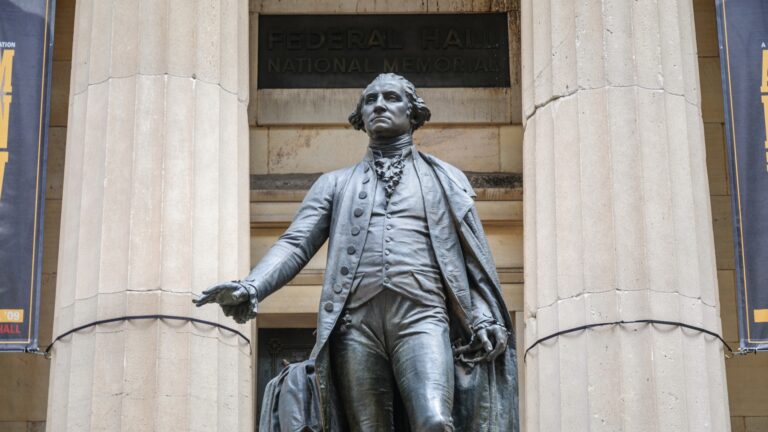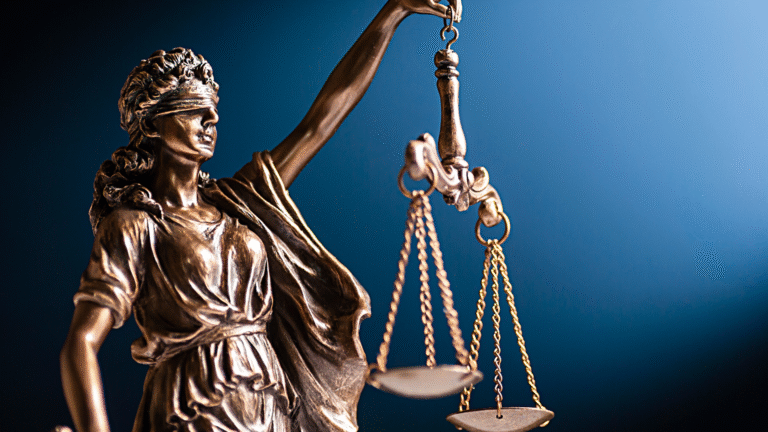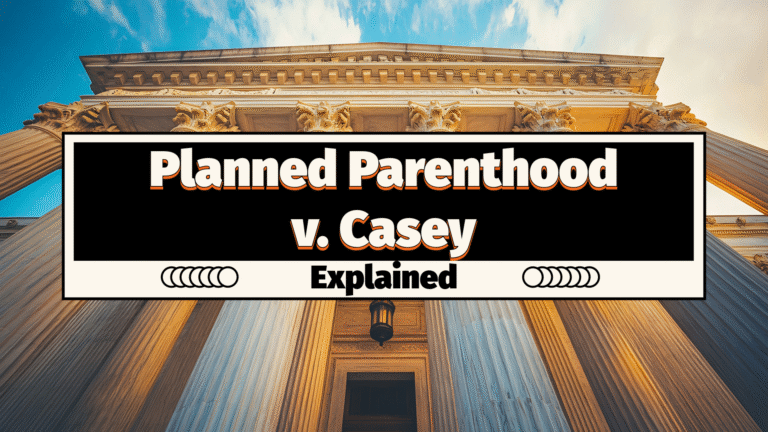Fifth Amendment
Quck Definition: Fifth Amendment
“No person shall be held to answer for a capital, or otherwise infamous crime, unless on a presentment or indictment of a Grand Jury, except in cases arising in the land or naval forces, or in the Militia, when in actual service in time of War or public danger; nor shall any person be subject for the same offence to be twice put in jeopardy of life or limb; nor shall be compelled in any criminal case to be a witness against himself, nor be deprived of life, liberty, or property, without due process of law; nor shall private property be taken for public use, without just compensation.”
Key points
- Provides multiple protections: grand jury indictment, double jeopardy, self-incrimination, due process, and eminent domain.
- Miranda v. Arizona (1966) led to the “Miranda warning” requirement based on the self-incrimination clause.
- Double jeopardy prevents retrial after acquittal or conviction for the same offense (Benton v. Maryland, 1969).
- Takings Clause requires fair compensation when the government takes private property (incorporated in Chicago, Burlington & Quincy R.R. v. Chicago, 1897).
FAQ
- What does “pleading the Fifth” mean? Refusing to testify to avoid self-incrimination.
- Can someone be tried twice for the same act? Not if it’s the same offense in the same jurisdiction, but state and federal governments can each prosecute.
- What is “due process”? Legal procedures the government must follow before depriving someone of life, liberty, or property.






